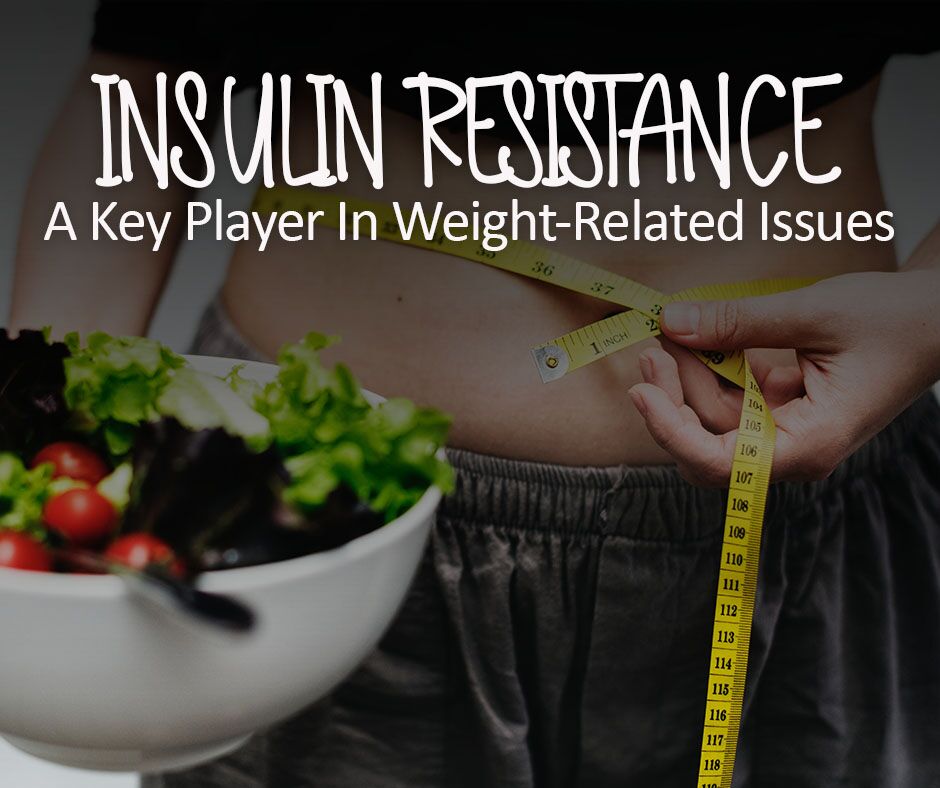This post may contain affiliate links which won’t change your price but will share some commission.
Insulin resistance and weight-related issues are a sort of chicken-and-egg conundrum. Which comes first, resistance or weight gain? There may be no clear answer, but it is very clear that insulin resistance is a key player in weight-related issues.
What is insulin?
Insulin is a hormone secreted by the pancreas that is used in maximizing cell function. Insulin assists glucose in the bloodstream to penetrate the cells and give them the energy they need. Too much glucose in the blood is dangerous and can lead to chronic disease and life-threatening circumstances. Insulin resistance makes it harder for the glucose to penetrate the cells, and the remaining glucose can store up in the blood or be eliminated through urine. Additionally, too much glucose slows metabolism and slows down the breakdown of fat.
Changes in the body from insulin resistance
As fat accumulates in the body, it triggers metabolic and inflammatory changes. These cause a domino effect towards diseases like Type 2 diabetes and an increase risk for heart disease and stroke. Even before these potentially fatal effects, the body suffers in many ways. Look for changes in these areas as warning signs:
- Changes in skin tone
- Changes in mental clarity – including depression and anxiety
- Changes in respiratory system
- Difficulty sleeping or staying asleep – insomnia
- Changes in mood
- And more…
If your weight has been an issue – especially a rapid change in weight that may not make sense for your diet and exercise choices, you may be experiencing insulin resistance. If nothing else, it might be one of a few contributing factors. Your physician can help you determine if you are insulin resistant with a simple blood test. (Hgb A1C and a fasting insulin test)
What can you do?
The good news is, insulin resistance is manageable and can be turned around with effort focused on diet and exercise. Making simple changes can have an immediate result in your insulin resistance and the functionality of your body. Reducing foods that cause spikes in blood sugar (such as sugar, white flour, white rice, and other processed foods) will help your current insulin levels to work more efficiently and turn glucose into food for cells rather than stored up as excess fat. Exercising will cause your muscles to use blood efficiently and reduce the glucose in your bloodstream. The most effective exercise is strength training to build muscle, which will keep your body burning energy rather than storing it as fat.
One of the most critical things you can do is start intermittent fasting, because it allows your body to rest and lower insulin levels. For more information on intermittent fasting, sign up for my free 10 day intermittent fasting challenge.
Weight management isn’t always easy. Having an issue like insulin resistance can make managing your weight seem harder. Understanding that insulin resistance is a contribution for weight gain should empower you to make changes that will overcome the resistance and make losing weight and keeping it off a bit easier. You may have to take additional steps to achieve your weight management goals, but the understanding of how insulin works in your body and making meaningful changes will pay off in no time at all. If you want some structured help to deal with your weight and your insulin resistance, consider some health coaching to work together to reach those goals.


thanks …. brought some basic clarity to why no diet has ever worked passed 40.
Yes, I found it quite illuminating when I came across this info from reading Dr. Fung. Changed my life.